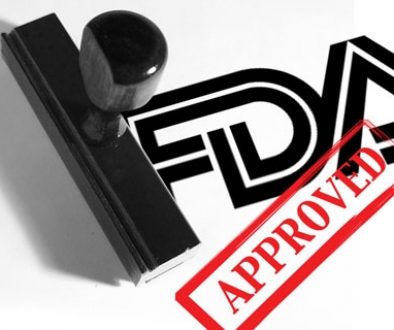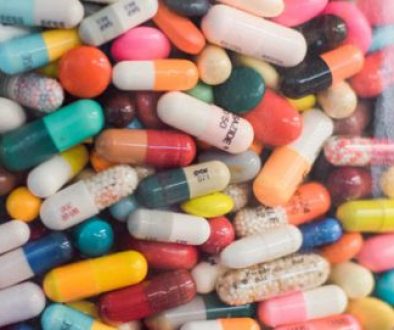May is Mental Health Month. Focus: Prescription Drug Abuse
No one wakes up and decides, “Hey! I want to get addicted to drugs today.”
Long before someone becomes addicted to prescription drugs or other substances, an underlying issue develops or occurs that makes someone have a desire to self-medicate.
Sometimes, a person can become addicted to painkillers after an injury or surgery. Other times, someone decides to try a drug like heroin to mask a bigger issue like depression or anxiety.
Mental health is essential to everyone’s overall health and well-being, and mental illnesses are common and treatable. But people experience symptoms of mental illnesses differently, and some engage in potentially dangerous or risky behaviors to avoid or cover up symptoms of a potential mental health problem.
Sometimes people, especially young people, who struggle with mental health concerns develop habits and behaviors that increase the the risk of developing mental illness, or make a mental health issue even worse.
Activities like compulsive sex, recreational drug use, obsessive internet use, excessive spending, or disordered exercise patterns can all be behaviors that can disrupt someone’s mental health and potentially lead them down a path towards crisis.
May is Mental Health Month, and along with the Mental Health America, Village Pharmacy is raising awareness of Risky Business. The campaign is meant to educate and inform individuals dealing with a mental health concern understand that some behaviors and habits can be detrimental to recovery.
Mental illnesses are real, and recovery is always the goal. If you or someone you love are engaging in risky behavior, there is help. It’s important to understand early symptoms of mental illness and know when certain behaviors are potentially signs of something more.
Why do people misuse prescription drugs?
People who misuse prescription drugs may be self-medicating to control symptoms of an existing (and possibly undiagnosed) physical or mental health disorder, or because they like the way the drugs affect them and think they are safe to use.
FACT: 16% of parents and 27% of teens believe that using prescription drugs to get high is safer than using street drugs.
This is far from the truth.
It is always dangerous to use prescription drugs that do not belong to you or in a way that is not prescribed. Use the checklist below to determine if you may have a serious problem with prescription drugs.
- Used prescription drugs in large amounts or for longer than intended?
- Wanted to stop misusing prescription drugs, but were unsuccessful in your attempts to quit?
- Spent a great deal of time getting, using, or recovering from prescription drugs that you have been misusing?
- Had strong cravings or urges to misuse a prescription drug?
- Failed to perform work, school, or home duties because of misuse?
- Continued to misuse despite it causing problems with relationships?
- Stopped participating in activities you used to enjoy because of prescription drug misuse?
- Misused prescriptions in dangerous situations (driving, etc.)?
- Continued misusing prescription drugs despite physical or mental health problems that it has caused or made worse?
- Developed a tolerance (needed more to get the desired effect) to a prescription you were misusing ?
- Felt withdrawal symptoms when you stop misusing prescriptions possibly using again to relieve your discomfort?
If you said Yes to two or more of these questions, you may have a prescription drug use disorder.
If you said Yes, you are not alone. Over 3.2 Million people in the past year met the criteria for a prescription drug use disorder. Less than half of those people received treatment.
What can you do about drug misuse?
- Always use medication as directed.
- Talk to your doctor about non-addictive options for treating certain conditions for which you are being medicated if you feel at risk of misusing your prescription.
- Store all medications in a safe place that cannot be accessed by others who may want to take them. Over half of people who misused prescription pain relievers go them from friends or relatives.
- Call 911 if you or a loved one have a medical emergency related to prescription drugs.
- Properly dispose of expired or unused medications.
- Seek specialized treatment.
You can find treatment providers for substance abuse problems at findtreatment.samhsa.gov or by calling SAMHSA 24/7 Treatment Referral Line at 1-800-662-HELP(4367).
Source: Mental Health America



